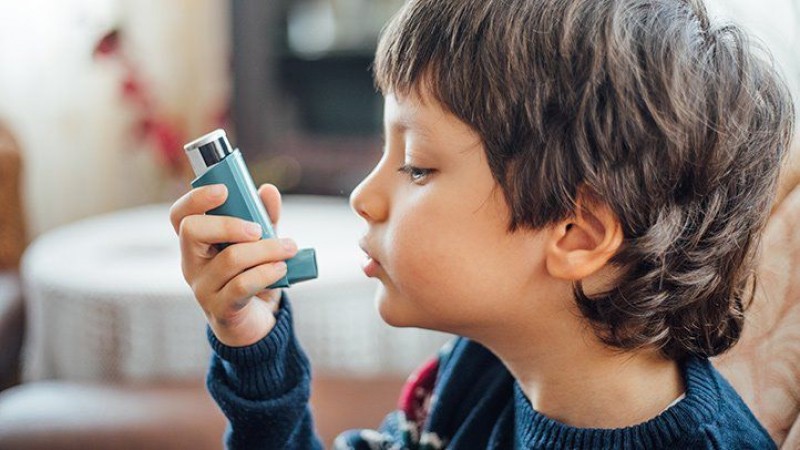
Living with asthma can be challenging, especially for children and their families. With proper management and care, however, children with asthma can lead fulfilling lives. We spoke to Dr. Emily Carter, a renowned pediatric pulmonologist, to gather expert tips on how to effectively care for children suffering from asthma.
Understanding Asthma in Children
Asthma is a chronic condition that affects the airways in the lungs, making it difficult to breathe. In children, asthma symptoms can vary from mild to severe and may include coughing, wheezing, shortness of breath, and chest tightness.
Recognizing Triggers
Identifying and avoiding triggers is key to managing asthma in children. Common triggers include allergens such as dust mites, pet dander, pollen, and mold, as well as respiratory infections, cold air, exercise, and exposure to tobacco smoke.
Creating a Healthy Environment
Maintaining a clean and healthy home environment is essential for children with asthma. Regularly vacuuming carpets, washing bedding in hot water, and using allergen-proof covers on pillows and mattresses can help reduce exposure to allergens.
Developing an Asthma Action Plan
Work with your child's healthcare provider to develop an asthma action plan. This plan outlines daily medications, rescue medications for flare-ups, and steps to take in case of an asthma attack. Make sure both you and your child understand the plan and follow it consistently.
Encouraging Physical Activity
Regular physical activity is important for children with asthma as it can help improve lung function and overall health. Encourage your child to engage in activities such as swimming, walking, or biking, and ensure they have their rescue inhaler with them during exercise.
Teaching Proper Inhaler Technique
Proper inhaler technique is crucial for effective medication delivery. Teach your child how to use their inhaler correctly, including how to coordinate inhalation with medication release and how to clean the inhaler device regularly.
Monitoring Symptoms
Keep track of your child's asthma symptoms and peak flow measurements using a peak flow meter or asthma diary. This information can help you and your child's healthcare provider assess asthma control and make necessary adjustments to the treatment plan.
Promoting Smoke-Free Environments
Exposure to tobacco smoke can worsen asthma symptoms and increase the risk of asthma attacks. Ensure that your home and car are smoke-free environments, and educate family members and caregivers about the importance of not smoking around your child.
Seeking Regular Medical Care
Regular check-ups with your child's healthcare provider are essential for managing asthma effectively. These appointments allow for monitoring of asthma control, adjustment of medications if necessary, and discussion of any concerns or questions you may have.
Empowering Your Child
Lastly, empower your child to take an active role in managing their asthma. Teach them about their condition, encourage them to communicate openly about their symptoms, and praise them for following their asthma action plan and taking responsibility for their health. By following these expert tips and working closely with your child's healthcare provider, you can help your child with asthma live a happy, healthy life.
Did your car's AC fail in extreme heat? This is how you can improve cooling
This mid-size sedan from Skoda was spotted during testing, may return soon in a new avatar